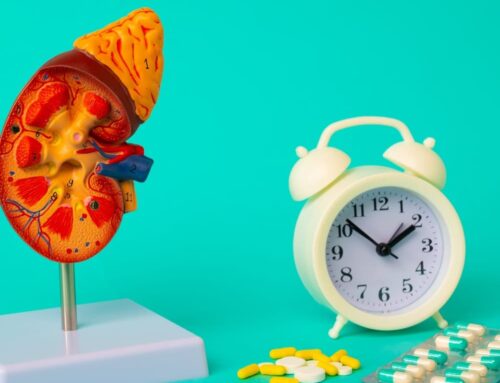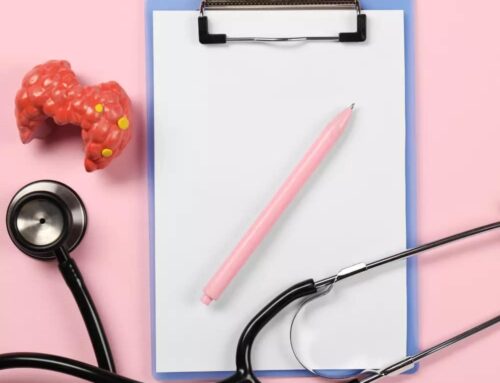Introduction:
The use of dietary supplements containing prohormones, such as 19-nor-4-androstene-3,17-dione and 19-nor-4-androstene-3,17-diol, has gained popularity among individuals engaged in resistance training. Understanding the metabolism and potential effects of these compounds is crucial for athletes and professionals involved in sports and fitness. This study aims to shed light on the metabolic fate and safety of orally ingested 19-nor-4-androstene-3,17-dione and 19-nor-4-androstene-3,17-diol in resistance-trained men.
Methods:
Healthy, resistance-trained men were selected as participants for this investigation. Two doses of Nortesten, an over-the-counter supplement containing 36 mg of 19-nor-4-androstene-3,17-dione and 36 mg of 19-nor-4-androstene-3,17-diol, were administered twice daily for a period of 10 days. Subjects were divided into low-dose (72 mg) and high-dose (144 mg) groups. Urine samples were collected at days 3, 5, 7, and 10 for urinalysis. Serum chemistry tests were also conducted to assess renal, hepatic, hematological, and bone marrow functions.
Results:
Urinalysis results confirmed the presence of nortestosterone in all subjects at various testing intervals (days 3, 5, 7, and 10). However, there was no significant alteration observed in the urine testosterone-epitestosterone ratio, indicating a lack of impact on endogenous testosterone levels. Serum chemistry tests revealed no adverse effects on renal, hepatic, hematological, or bone marrow function, suggesting the absence of harmful side effects associated with short-term ingestion of 19-nor-4-androstene-3,17-dione and 19-nor-4-androstene-3,17-diol.
Conclusion:
This study provides valuable insights into the metabolism of orally ingested 19-nor-4-androstene-3,17-dione and 19-nor-4-androstene-3,17-diol in healthy, resistance-trained men. The presence of nortestosterone in urine samples indicates potential detectability through drug testing. Importantly, no adverse effects on key physiological parameters were observed, suggesting that short-term use of these compounds may not cause harmful side effects in healthy individuals. However, further research is warranted to comprehensively evaluate the long-term safety and efficacy of these prohormones.








